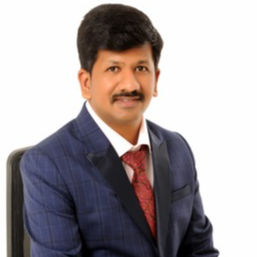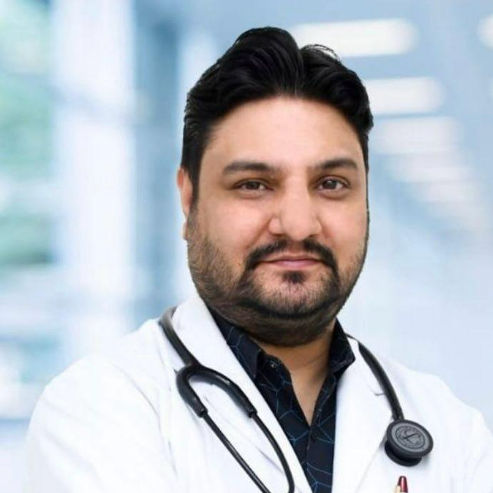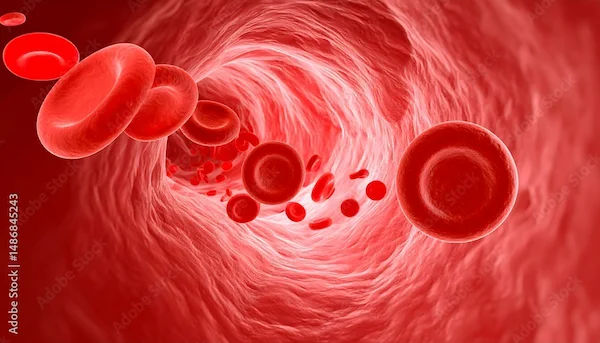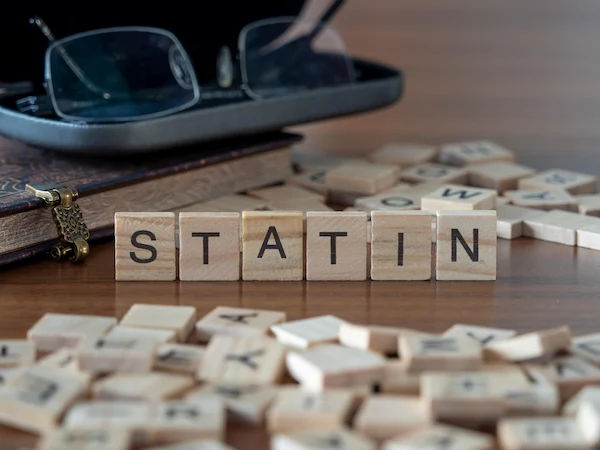Understanding Diverticulitis and Its Management
Understand diverticulitis, its symptoms, causes, and effective management strategies. Learn how diet, lifestyle changes, and medical treatment can help prevent and control flare-ups.

Written by Dr. Rohinipriyanka Pondugula
Reviewed by Dr. M L Ezhilarasan MBBS
Last updated on 26th Aug, 2025

Diverticulitis is a digestive condition that can cause discomfort and complications if not managed properly. If you or a loved one has been diagnosed with diverticulitis, you may have questions about what it means, how it affects your health, and what steps you can take to manage it. This article will help you understand diverticulitis in simple terms and provide practical tips for managing it effectively.
What Is Diverticulitis?
Diverticulitis occurs when small pouches (called diverticula) form in the lining of the digestive tract, usually in the large intestine that become inflamed or infected. These pouches develop over time due to pressure on weak spots in the intestinal wall, a condition known as diverticulosis. When these pouches get infected or irritated, it leads to diverticulitis.
While diverticulosis is common, especially in older adults, not everyone with diverticula develops diverticulitis. However, when it does occur, it can cause pain and other digestive symptoms that require attention.
Consult a Top Gastroenterologist
Symptoms of Diverticulitis
The symptoms of diverticulitis can vary from mild to severe. Common signs include:
- Abdominal pain (usually on the lower left side, but can also be on the right)
- Fever and chills
- Bloating and gas
- Nausea or vomiting
- Constipation or diarrhea
- Loss of appetite
In severe cases, complications like abscesses, perforations (tears in the intestine), or blockages may occur, requiring immediate medical attention.
What Causes Diverticulitis?
The exact cause of diverticulitis is not fully understood, but several factors contribute to its development:
- Low-fiber diet – A diet lacking in fiber can lead to constipation, increasing pressure in the colon and contributing to diverticula formation.
- Aging – The risk increases with age, especially after 40.
- Obesity – Excess weight can put additional pressure on the digestive tract.
- Lack of exercise – Physical inactivity may slow digestion, increasing the risk.
- Smoking – Smoking has been linked to a higher risk of complications.
- Certain medications – Long-term use of NSAIDs (like ibuprofen) or steroids may increase risk.
How Does Diverticulitis Affect Health?
If left untreated, diverticulitis can lead to complications such as:
- Abscesses (pockets of infection)
- Perforation (a hole in the intestine, which can cause infection in the abdomen)
- Fistulas (abnormal connections between organs)
- Intestinal blockage
However, with proper management, most people recover well and can prevent future flare-ups.
Managing Diverticulitis: Treatment and Lifestyle Changes
Below are the ways to manage diverticulitis,
1. Medical Treatment
- Mild cases may be treated with rest, antibiotics (if infection is present), and a temporary liquid diet to allow the colon to
heal. - Severe cases may require hospitalization, IV antibiotics, or even surgery in rare cases.
2. Dietary Adjustments
- During a flare-up: Stick to a low-fiber or liquid diet (broth, juices, gelatin) until symptoms improve.
- After recovery: Gradually reintroduce high-fiber foods (fruits, vegetables, whole grains, beans) to prevent future episodes.
- Stay hydrated – Drinking plenty of water helps soften stool and ease digestion.
3. Lifestyle Changes
- Exercise regularly – Moderate activity (like walking) promotes healthy digestion.
- Maintain a healthy weight – Reduces pressure on the colon.
- Avoid smoking – Smoking worsens digestive health.
- Limit processed foods and red meat – These can increase inflammation.
4. When to See a Doctor
Seek medical help if you experience:
- Severe or worsening abdominal pain
- High fever
- Persistent vomiting
- Blood in stool
Early treatment can prevent complications.
Can Diverticulitis Be Prevented?
While not all cases can be prevented, you can reduce your risk by:
- Eating a high-fiber diet (25–30 grams of fiber per day)
- Drinking plenty of water
- Exercising regularly
- Avoiding excessive straining during bowel movements
When to Consult a Doctor
If you suspect diverticulitis or have recurring digestive issues, it’s important to consult a healthcare provider. Early diagnosis and management can help prevent complications.
Need expert advice? You can book a consultation with a gastroenterologist through Apollo 24|7 for personalized care and treatment options.
Final Thoughts
Diverticulitis can be uncomfortable, but with the right diet, lifestyle changes, and medical care, most people manage it successfully. If you experience symptoms, don’t ignore them—early intervention makes a big difference. Stay proactive about your digestive health, and remember, small changes in diet and lifestyle can go a long way in keeping your gut happy and healthy!
Consult a Top Gastroenterologist
Consult a Top Gastroenterologist

Dr Bhargav Vuppumalla
General Physician/ Internal Medicine Specialist
5 Years • MBBS MD GENERAL MEDICINE
Bengaluru
Apollo Medical Center, Marathahalli, Bengaluru

Dr. Shivaraj Afzalpurkar
Gastroenterology/gi Medicine Specialist
13 Years • MBBS, MD General medicine (Gold medalist), DrNB (Gastroenterology), MNAMS
Bengaluru
Apollo Clinic, JP nagar, Bengaluru

Dr. Paramesh K N
Gastroenterology/gi Medicine Specialist
16 Years • MBBS, MS ( General Surgery), DNB ( Surgical Gastroenterology)
Hyderabad
Sprint Diagnostics Centre, Hyderabad

Dr Harish K C
Gastroenterology/gi Medicine Specialist
15 Years • MBBS MD DM MRCP(UK) (SCE-Gastroenterology and Hepatology)
Bangalore
Manipal Hospital, Bangalore

Dr. Amit Pandita
Gastroenterology/gi Medicine Specialist
10 Years • MBBS. MD (INTERNAL MEDICINE) DrNB (GASTROENTEROLOGY AND HEPATOLOGY)
Delhi
Apollo Hospitals Indraprastha, Delhi
Consult a Top Gastroenterologist

Dr Bhargav Vuppumalla
General Physician/ Internal Medicine Specialist
5 Years • MBBS MD GENERAL MEDICINE
Bengaluru
Apollo Medical Center, Marathahalli, Bengaluru

Dr. Shivaraj Afzalpurkar
Gastroenterology/gi Medicine Specialist
13 Years • MBBS, MD General medicine (Gold medalist), DrNB (Gastroenterology), MNAMS
Bengaluru
Apollo Clinic, JP nagar, Bengaluru

Dr. Paramesh K N
Gastroenterology/gi Medicine Specialist
16 Years • MBBS, MS ( General Surgery), DNB ( Surgical Gastroenterology)
Hyderabad
Sprint Diagnostics Centre, Hyderabad

Dr Harish K C
Gastroenterology/gi Medicine Specialist
15 Years • MBBS MD DM MRCP(UK) (SCE-Gastroenterology and Hepatology)
Bangalore
Manipal Hospital, Bangalore

Dr. Amit Pandita
Gastroenterology/gi Medicine Specialist
10 Years • MBBS. MD (INTERNAL MEDICINE) DrNB (GASTROENTEROLOGY AND HEPATOLOGY)
Delhi
Apollo Hospitals Indraprastha, Delhi




